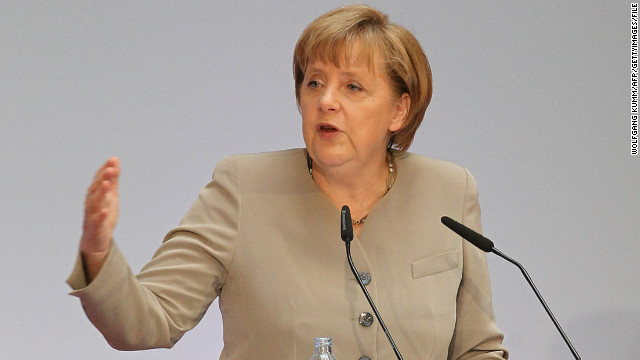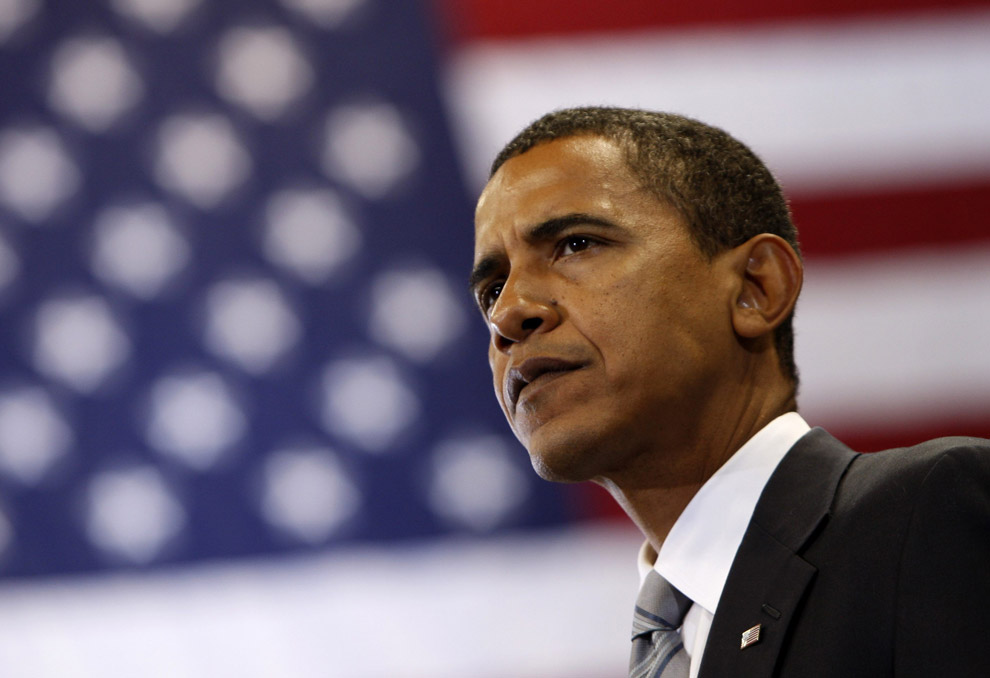 |
| Roma immigrants protest in front of German parliament, demanding equal rights for German Roma. (Image courtesy of Der Spiegel Online) |
Sinti and Roma have been protected by Germany's federal government since 1995. This passage, however, is completely new in the state of Schleswig-Holstein.
Many Sinti and Roma emigrated to Western Europe from the Balkans, particularly from Macedonia and Serbia. One Roma spokesperson reported that many are leaving Eastern Europe to receive better federal care. Upon applying for asylum, a person could receive as much as €360 per month during the application process. Thus, the migration of Roma and Sinti to Germany has been labelled an economic migration. Because of this title, Christian Social Union member Michael Hartmann is urging German lawmakers to initiate a reform of the country's policies regarding immigration, particularly for economic reasons.
In the United States, immigration is a constant issue of contention. Especially in Southwest border states such as California, Arizona, New Mexico, and Texas, the immigrants from Mexico tend to be treated as a nuisance to the country. Like the German Roma and Sinti groups, Latin Americans seem to be migrating for economic opportunities.
Despite these admirable causes, the U.S. federal government and state governments are still trying to crack down on border control and deal with immigrants who have come here illegally. It is currently being debated whether to grant recent illegal immigrants resident status and to then to tighten security around the border.
How would you propose immigration be dealt with in the U.S.? Is Germany's choice to grant asylum a good model with which to work? Would this protection be granted in the U.S.? Why or why not?



